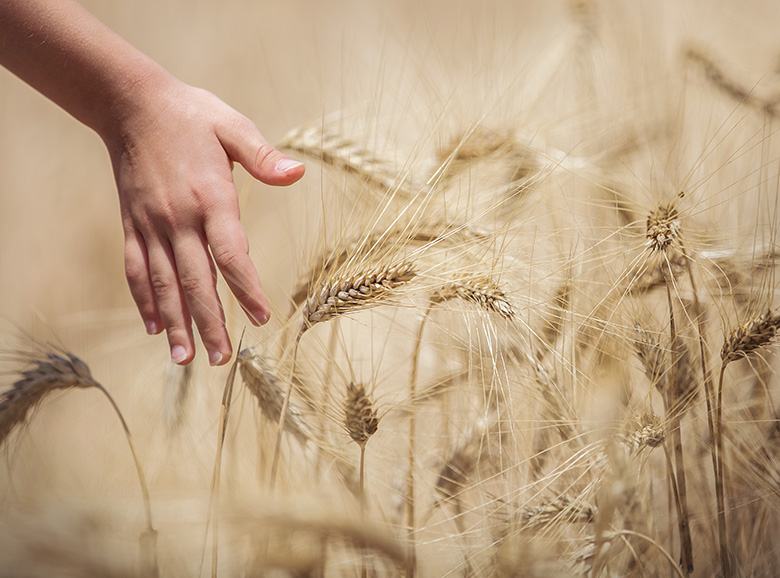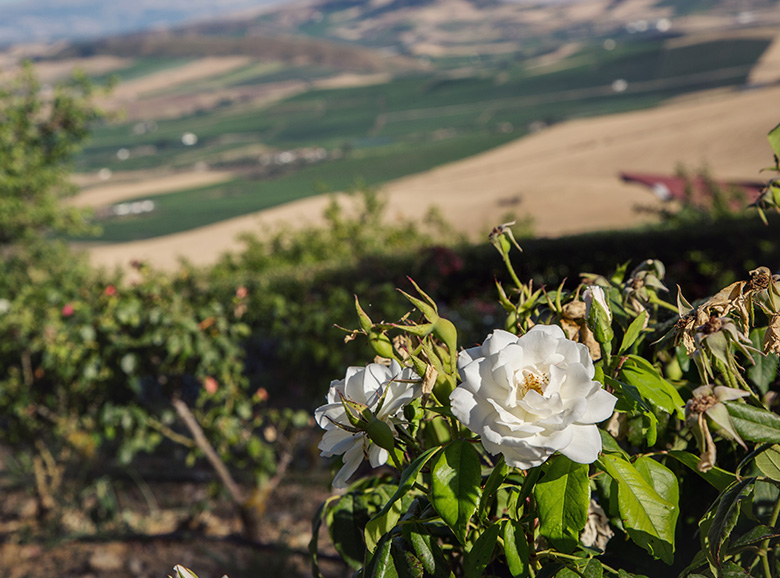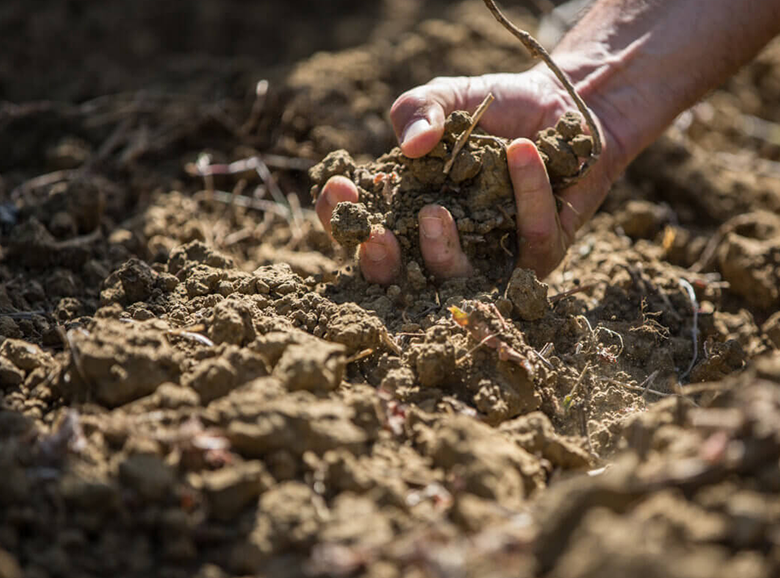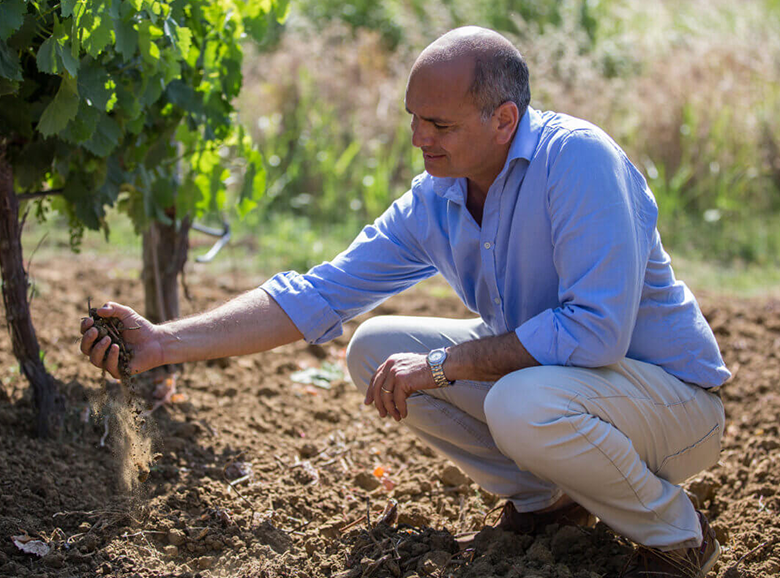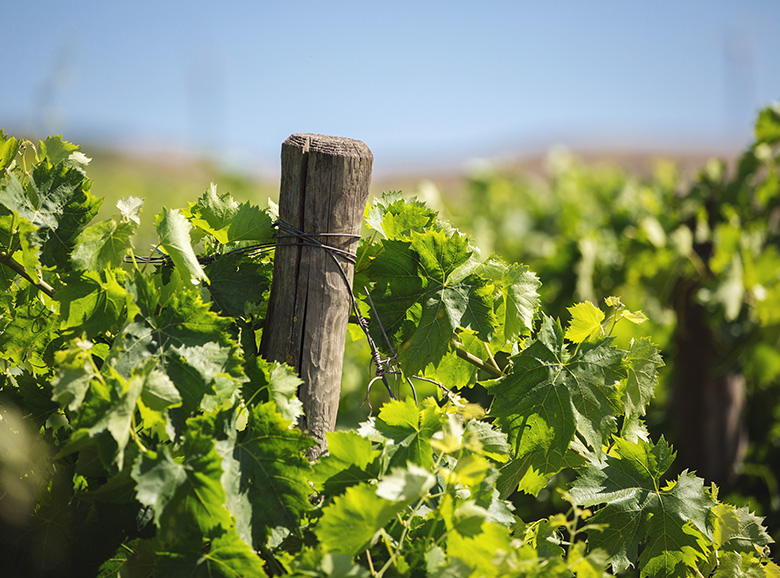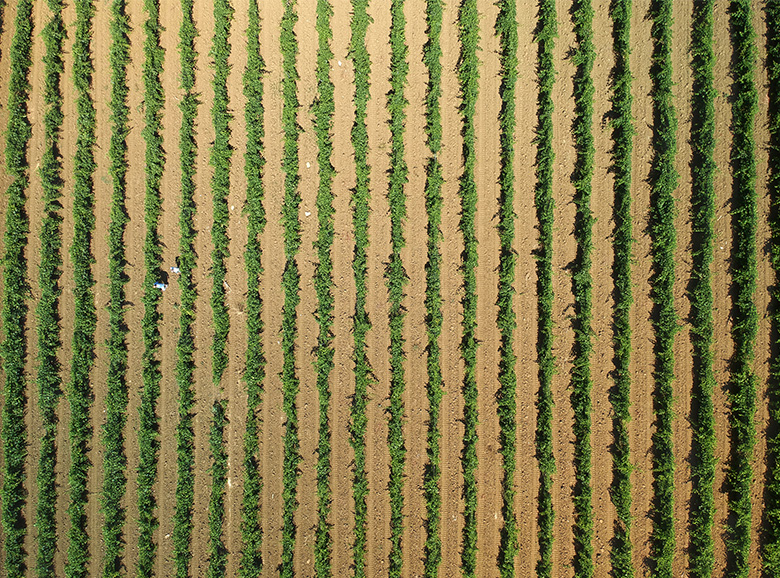SUSTAINABILITY


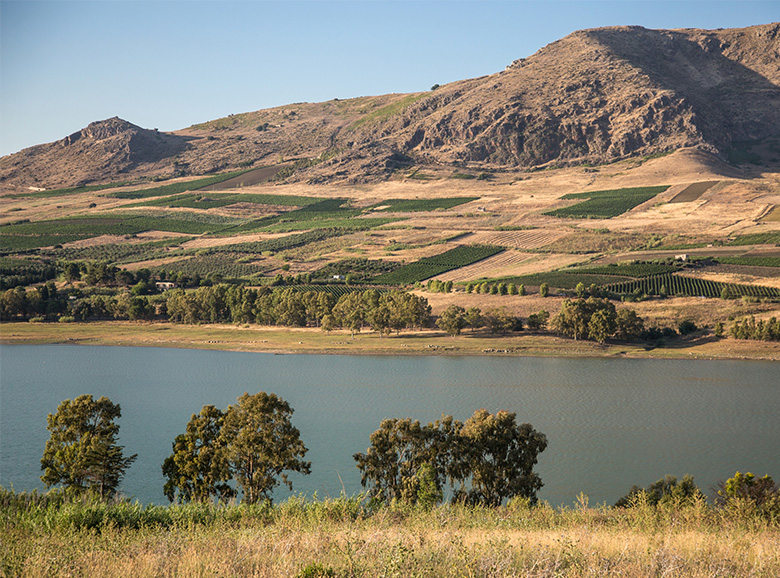
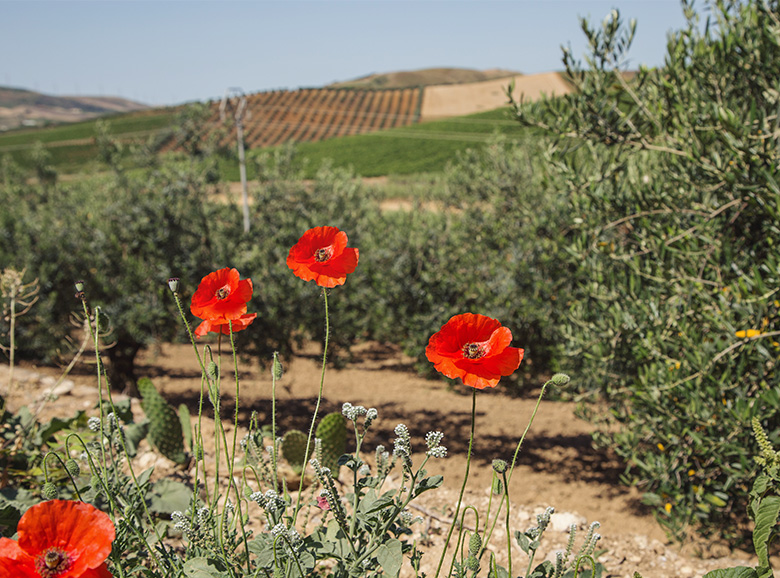
WATER IS LIFE
Agricultural activity around the ancient estate has had to contend with the problem of drought for centuries. In the Mother Church of Erice, a plaque commemorates the propitiatory rites which, since 1568, were staged to pray for rainfall. Therefore, preserving water resources for irrigation of fields and livestock watering has always been a priority for our productive reality. Over time the problem has been cleverly solved by creating small reservoirs which are able to collect rainwater and prevent it from being dispersed downstream, storing it for future use in the drier summer months.
Today 4 small basins guarantee the agricultural production of the farm. Furthermore, all the processing waters produced by the company’s manufacturing plants and stables, are treated, purified and put to good use in the fields. The weather monitoring stations located all over the vineyards also ensure optimal management of both the soil and irrigation.
100%
of water used in the vineyards comes from rainwater reservoirs
100%
of water used in the vineyards is decontaminated
RENEWABLE ENERGY AND CARBON FOOTPRINT REDUCTION
From the early manufacturing stages of the product to its distribution, energy sources play a fundamental role in wine production, both when it comes to vineyard management and to all the activities performed in the cellar. Feudo Disisa is constantly engaged in the fight against climate change, thanks to an energy efficiency policy which is an integral part of the company’s production philosophy. Through the construction of a photovoltaic system, built in 2017, the company has made a 30% advancement towards total energy self-sufficiency.

